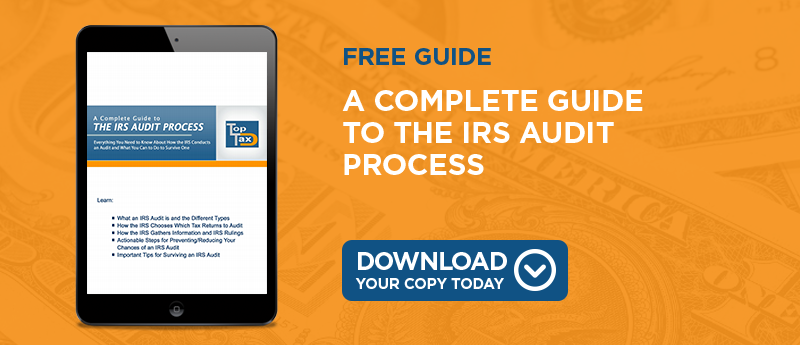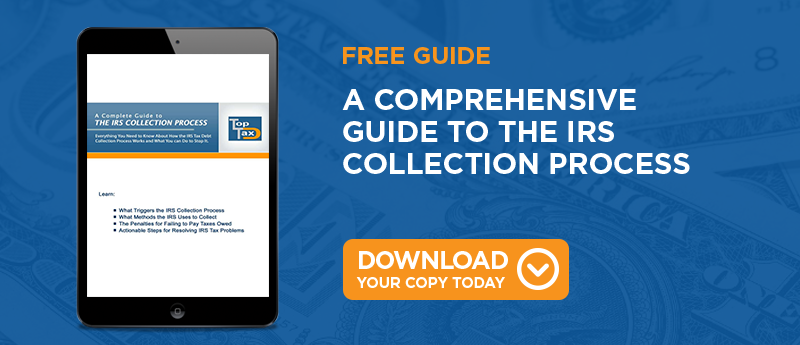If you're not involved with a small business, you may never have heard of franchise taxes. However, these taxes are a vital part of the revenue streams of many U.S. states. The value of these taxes may be cold comfort for the business owners who are stuck with the tabs, though. But if you've been hit by the price of franchise taxes, it may be helpful to remember what these taxes are and how they benefit the state economy.

Franchise Taxes Defined
Basically, franchise taxes are state taxes that are levied against businesses for the privilege of operating a business in the area. Depending on the state, these taxes may also apply to corporations that are based in other areas but do business within the state's borders.
What is the purpose of franchise taxes? These fees are designed to boost a state's overall economy. States with a large number of businesses tend to draw a large portion of their annual revenue simply from the money collected through franchise taxes.
How Franchise Tax Amounts are Calculated
Franchise tax rates vary widely from state to state and from business to business. For starters, the actual rates are different in each U.S. state. Some states have rather high franchise tax rates, while others have historically low rates. A few states, including Nevada, impose no franchise taxes at all. Typically, state governments choose to have low or no franchise tax rates in an effort to encourage companies to do business within that area.
In addition to the varying state franchise tax rates, the actual amount due is different for each company. That's because the tax is calculated according to each company's net worth at the time, which is somewhat similar to how federal income taxes are imposed on individuals.
One of the critical things for company owners and entrepreneurs to remember is that franchise taxes are imposed in addition to all other applicable taxes such as local taxes, state taxes, federal taxes, and payroll taxes. This means that a company that does business in a state with a high franchise tax rate may see its overall tax increase dramatically. For this reason, it's important that any business owner consider the total tax impact before thinking about relocating a business to a new area or expanding operations into a new state.
Franchise taxes are not spoken of often, but they are very important state revenue generators. If you own a business, take the time to find out your state's franchise tax rate and then use that information to decide how to plan your company's marketing efforts.
*Image courtesy of freedigitalphotos.net



